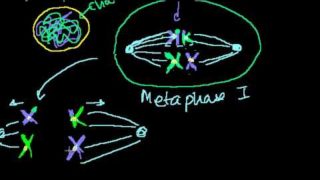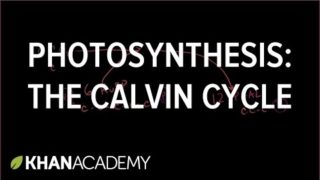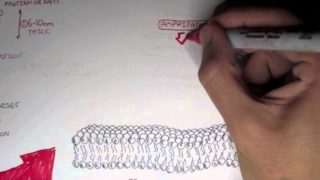View full lesson: http://ed.ted.com/lessons/what-are-stem-cells-craig-a-kohn
Is personalized medicine for individual bodies in our future? Possibly -- with the use of stem cells, undifferentiated cells with the power to become any tissue in our bodies. Craig A. Kohn describes the role of these incredible, transforming cells and how scientists are harnessing their medical potential.
Lesson by Craig A. Kohn, animation by Qa'ed Mai.
Other Videos You Might Like:
Subscribe
Login
626 Comments
Newest




